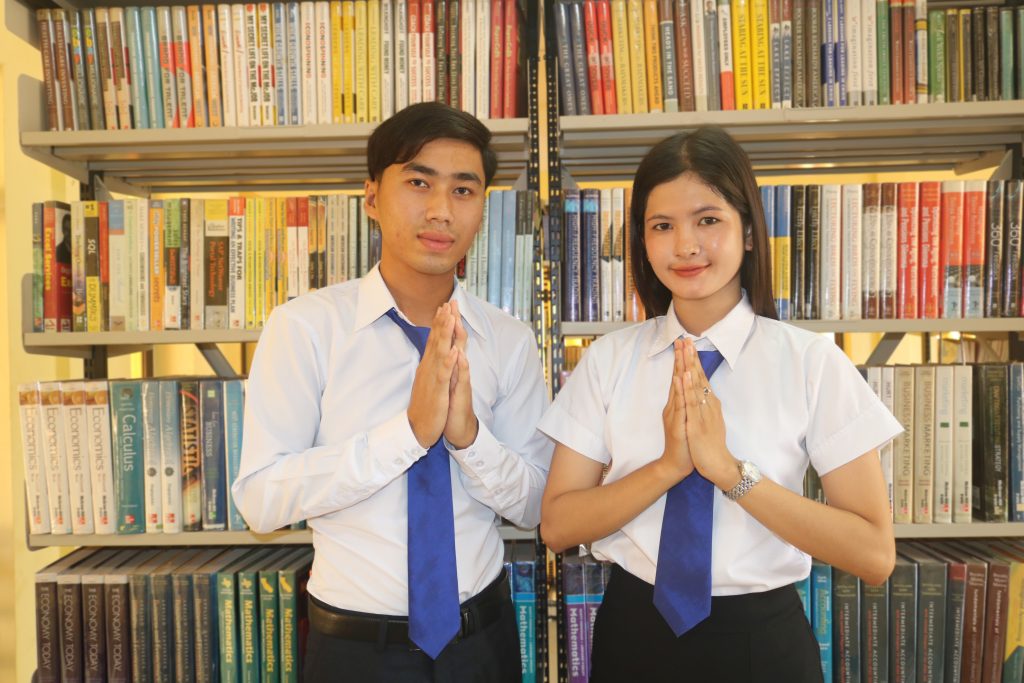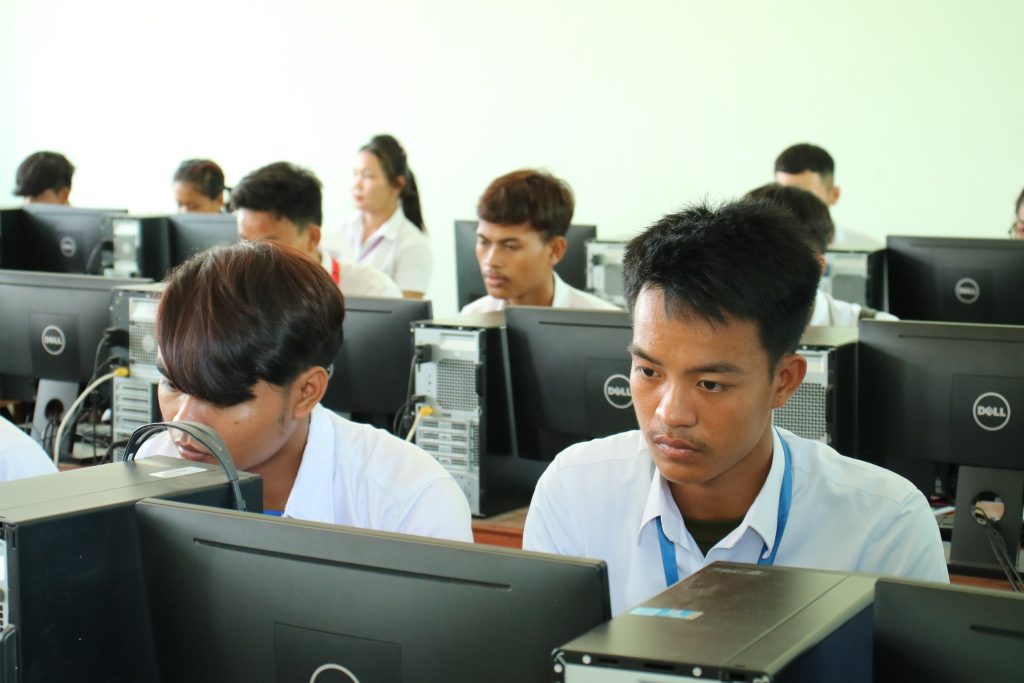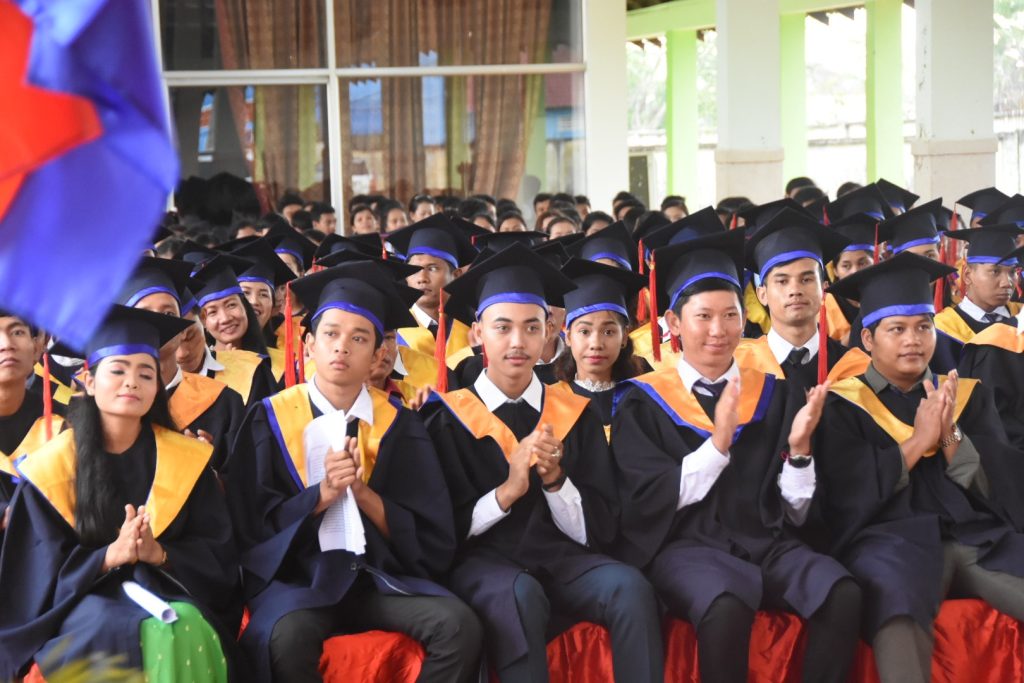About SPI
Who We Are?
The Saint Paul Institute is the only Catholic higher education institution in Cambodia, founded in 2009 by Bishop Olivier Schmitthaeusler with the support of a Singaporean lady, Ms. Peggy Goh. It hosts more than 330 scholarship and full-fee-paying students each year across a diverse range of undergraduate programs. It is unique in Cambodia for offering specialist degrees in fields including Agronomy, Information Technology, Tourism Management, English Literature, and Social Work. Due to its many achievements, SPI is the only higher education institution in Cambodia with full membership in the Association of Southeast and East Asian Catholic Colleges and Universities (ASEACCU) and is also a full member of the International Federation of Catholic Universities (IFCU).



SPI has over 60 staff; all 45 academic staff hold tertiary qualifications, including 4 Ph.D., 2 Ph.D. candidates, 33 Master Degrees, 3 Master Candidates, and 3 Bachelor Degrees. They are supported by 15 administrative and maintenance staff.
In addition, the institute maintains a vast linkage network with RUA to cooperate under the agreement of an exchange of academic programs and staff for the Agronomy Department since the beginning, and international universities from the University of Saint Joseph (USJ), the Catholic University of Applies Science, Freiburg, Germany, Saint Louise University-SLU, Baguio City, Philippines, San Beda University, Manila, Philippines, and the University of Notre Dame Australia.

History
Saint Paul Institute was established in 2009 with two degree: the Associate degree in Integrated Farming System and the Bachelor Degree in Information of Technology. In 2010 three more Bachelor Degree was started: Tourism Management, English Literature and Agronomy. In 2013 Bachelor of Social Work is started. And lately in 2016 new license for Technical Vocational Education and Training has been approved.
SPI is located in Angkorki Village, Tapam Commune, Tramkok District, Takeo Province, Cambodia. (North of Angtasom Maket, National road 3).

